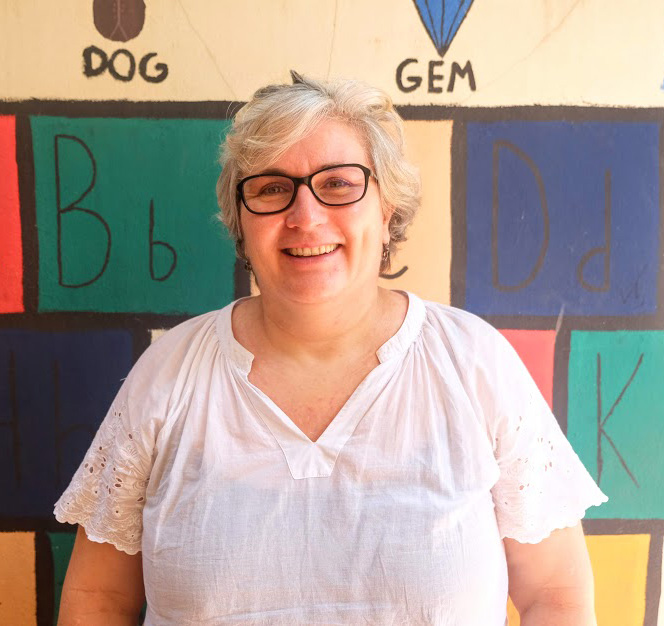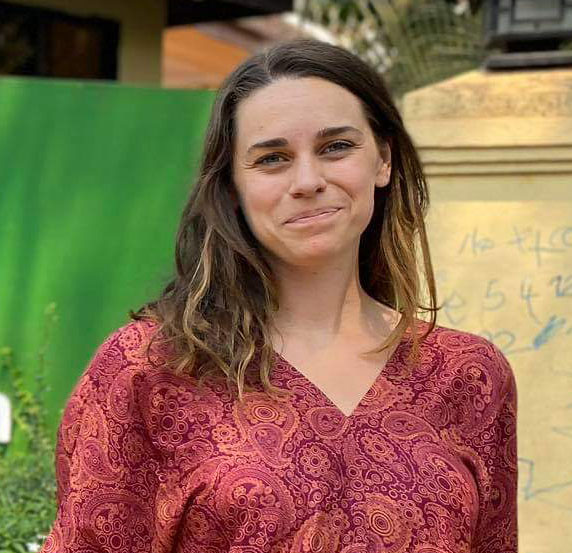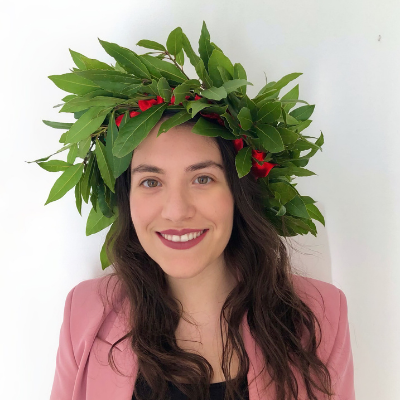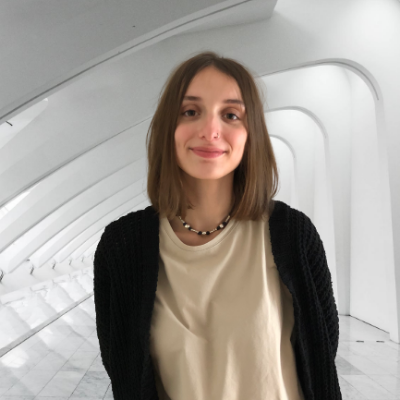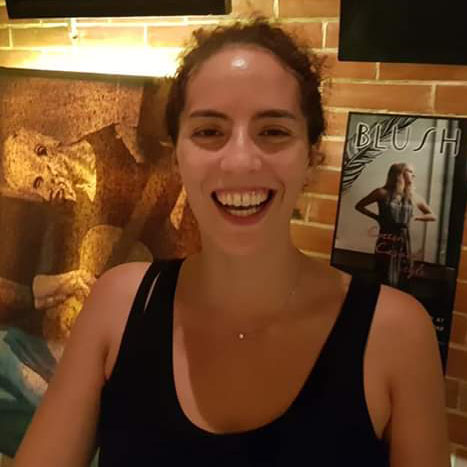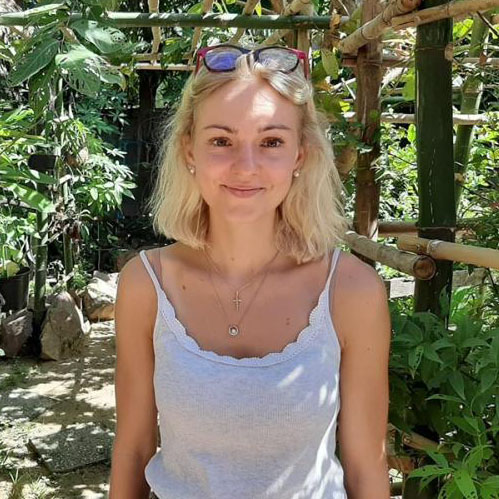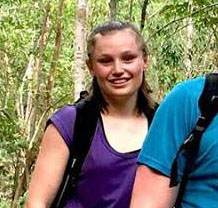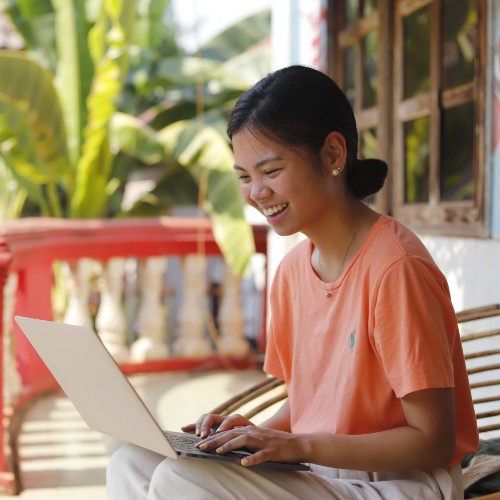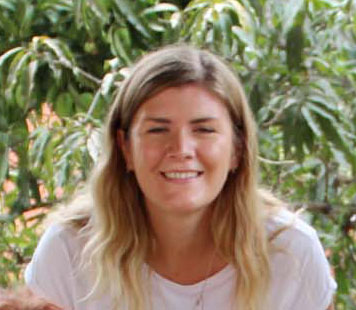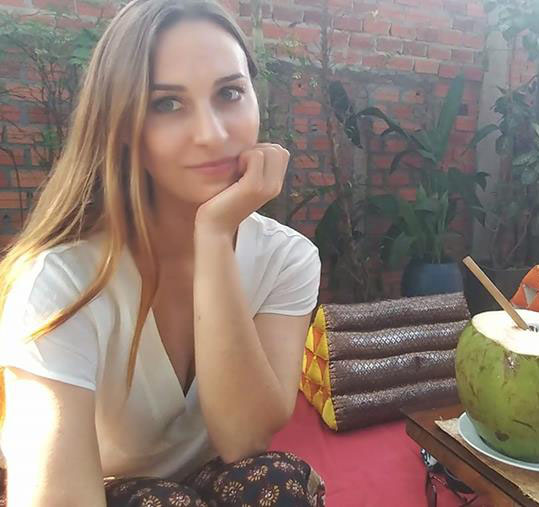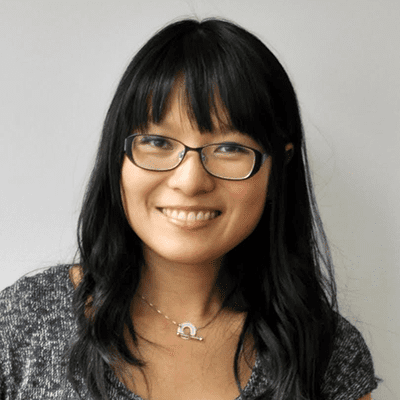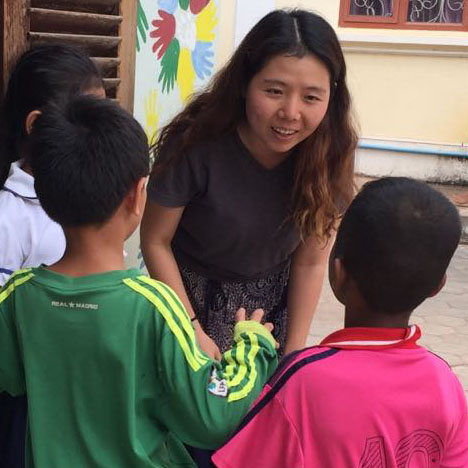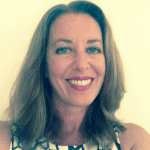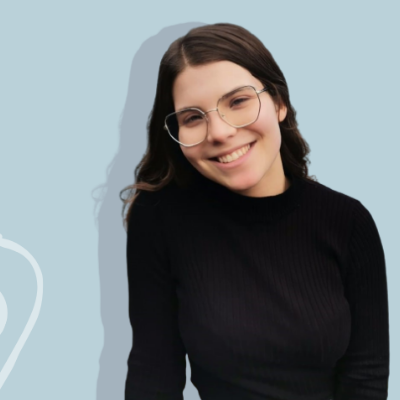 Sara is a 20-year-old Portuguese student in her third year of a Marketing degree at ISCAP (Porto Accounting and Business School). Keen to put her studies into practice while supporting a worthwhile cause, Sara enthusiastically accepted to participate in “The Write Thing” pilot programme, a new academic volunteer initiative developed in partnership with ISCAP, Tech Writers Without Borders, and Professionals doing good. The programme provides students with the opportunity to complete an internship or team project with one of Pdg’s non-profit partners, supported by a team of professional mentors and academic tutors. We meet Sara via video-call to learn more about her experience.
Sara is a 20-year-old Portuguese student in her third year of a Marketing degree at ISCAP (Porto Accounting and Business School). Keen to put her studies into practice while supporting a worthwhile cause, Sara enthusiastically accepted to participate in “The Write Thing” pilot programme, a new academic volunteer initiative developed in partnership with ISCAP, Tech Writers Without Borders, and Professionals doing good. The programme provides students with the opportunity to complete an internship or team project with one of Pdg’s non-profit partners, supported by a team of professional mentors and academic tutors. We meet Sara via video-call to learn more about her experience.
PDG: Hi Sara, nice to meet you! So why did you decide to join “The Write Thing” programme?
SARA: The programme was presented to us in November 2020 by one of my teachers and I was immediately interested. At that time, I had already accepted another internship but I wasn’t very happy with it. When I listened to her proposal, it was like a calling to me. I had always wanted to do volunteer work but had never had the opportunity. I said to myself, “Do you want to end your university experience in a different way? Here is your chance!” I also found it very motivating that ”The Write Thing” was a first-time project for ISCAP and that it was supporting organisations in Cambodia, a country that I knew so little about. I ended up dropping my original internship and here I am!
PDG: Which volunteering organization in Cambodia did you choose to help? and why?
SARA: I chose to work with The Lake Clinic, a non-profit organization that provides medical support to patients living in various villages built on stilts scattered across the Tonlé Sap, a large lake in central Cambodia. The clinic’s mission “People can’t go to the hospital, so we go to them” was beautiful and inspiring to me. Imagine nurses or doctors reaching out to their patients on boats. The Lake Clinic also has an extensive educational program that goes beyond just medical treatment. They provide psychological assistance and preventative training on how to keep food and water clean.
PDG: In what way did you support The Lake Clinic?
SARA: I helped create and manage a communication campaign on social media to raise awareness of The Lake Clinic’s mission. We also engaged directly with other schools in Portugal and our friends and families to get as many followers as possible and contribute to a fundraising campaign to help cover some of the Clinic’s operating costs.
PDG: What did you enjoy most about the project?
SARA: I enjoyed working in a team with Barbara, another student from ISCAP. Due to the COVID pandemic, we were not able to meet face to face and had to conduct all our discussions via video call. Even though we had never met, we complemented each other really well and made a good team.
PDG: Is there a specific achievement you are most proud of?
SARA: I was most proud of the communication and fundraising project proposal that we developed for The Lake Clinic. Although supported by my university tutors, I had no idea what I was getting into at the start! This project was very different from any other marketing project that I had worked on so far and at first I wasn’t very confident about how to get it done. We kept on changing things and coming up with new ideas and it took us some time… Eventually, though, when the proposal was finally complete, it set the foundation for our whole project and was very well received by the team at The Lake Clinic.
PDG: Did you meet any challenges and obstacles along the way?
SARA: The most demotivating thing was the lack of response from our followers on our social media posts. It’s frustrating when people don’t interact for such a good cause! I also felt a lot of pressure to fulfill what we had promised to The Lake Clinic in terms of our fundraising goal. Sometimes it was also difficult to communicate as a team with my university peers: some people talk, others just stay in silence. In the end, though, I think we just have to take a deep breath and understand that people are different and that in the end everything can be done!
PDG: Have you learned something you will apply to your future job?
SARA: Without a doubt, I learned how to talk to a client! In the beginning, I was very nervous whenever I had to speak with The Lake Clinic’s founder, but he was very supportive and appreciative of our work and we quickly built a trusting and effective working relationship.
I also discovered a lot about the social aspects of marketing, which I may consider in a future career.
I‘ve also learned how to cope with working entirely online and across multiple time zones — there is a 6-hour time difference between Portugal and Cambodia — which often required some creative scheduling.
PDG: What have you discovered about Cambodia so far?
SARA: I realized that there is much more to Cambodia than the tourist attractions. I had no idea there were still such large rural areas in Cambodia with no access to clean drinking water. I also learned how important a water filter and good food hygiene can be in preventing diseases. We take these things for granted here in Europe, but in places like Cambodia, it’s a matter of life and death, especially for those living in such remote, isolated communities.
PDG: Would you recommend other students to participate in a programme like this? If so, why?
SARA: Yes, absolutely! I would recommend it for all the positive aspects. In spite of the frustrations we encountered along the way and the additional challenges brought on by the COVID pandemic, it allowed me to discover a possible new career path. I contributed to something impactful and useful. The project also provided a good break from my usual study routine, which was particularly enriching, especially when stuck at home all the time due to the pandemic lockdown.
PDG: What advice would you give to students that want to follow your example and take on a remote internship for a good cause?
SARA: This is not about you only, so do not be selfish! You are working with real people and making a real impact. It requires teamwork and the ability to adapt one’s strategy – and expectations – but these are all essential skills that will serve you well later.
You also need to feel a real interest, motivation and passion for the cause. I was doing something that I really love, and I haven’t lost that passion during my journey, regardless of all the difficulties. So my advice is to give 100% to this and have the will to endure the parts that you don’t like very much because the benefits are so worth it! I hope that ISCAP will continue The Write Thing programme next year because it was so enriching to see that, even as a student, we are able to make a big difference. We need to get more people involved in working with such good causes!
✍️ Ângela Moura
If you’d like to have a unique experience while making a difference as Sara did, contact Professionals doing good for more information here…
If you find this article interesting, please share it with others and help us spread the word about Professionals doing good!


